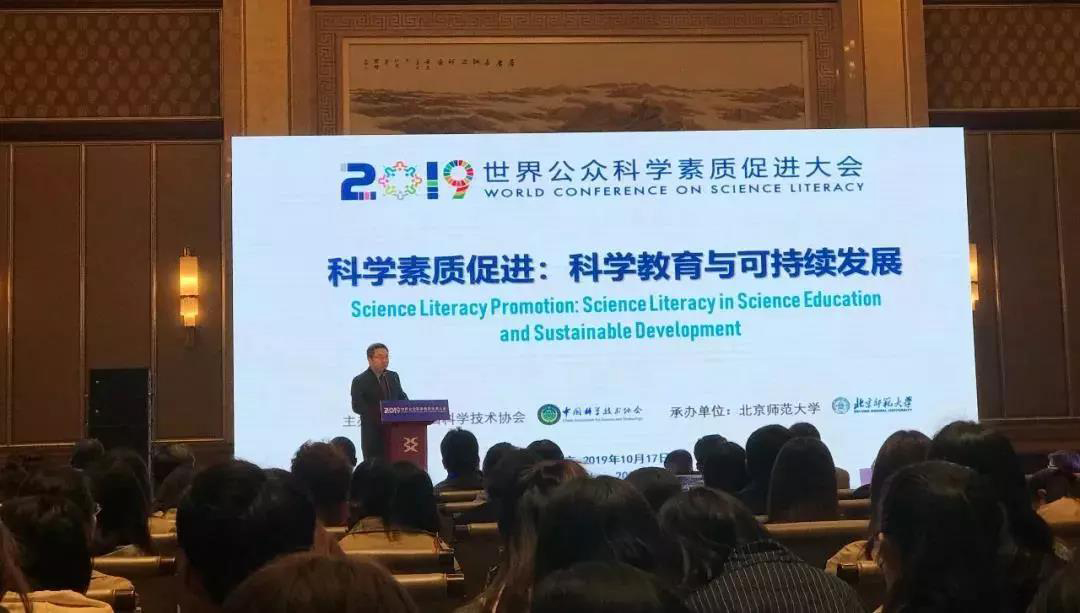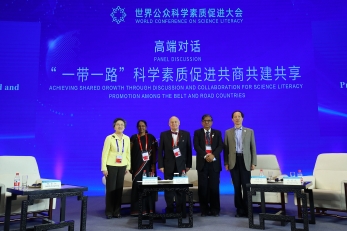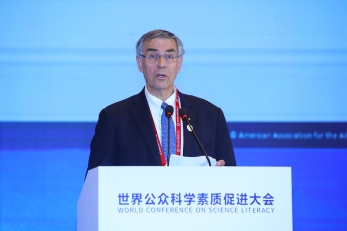Sustainable development has become a global concern, as evidenced by 8 Millennium Development Goals (MDGs) in 2000 and 17 Sustainable Development Goals (SDGs) in 2015 launched by the United Nations. To embrace the opportunities and address the challenges of sustainable development, countries and regions all over the world have realized the significance of science education and the cultivation of innovative talents. We are proposing the following initiatives to further expedite the efficacy of science education on boosting sustainable development.
First, the curriculum development of K-16 education system. The concept and content of sustainable development must be coherently integrated into the curriculum of multiple disciplines in the K-16 education system. Further, a series of relevant learning objectives, contents, pedagogies and evaluation criteria should be explicitly addressed in the curriculum.
Second, the enrichment of educational resources. It is encouraged to all education providers to collaboratively develop educational resources for the authentic issues of sustainable development from local, regional, national and global scales.
Third, the improvement of teaching competences. It is critical to helping teachers and trainers realize the importance of sustainable development, urging them to incorporate sustainable development into daily teaching, and enhancing their interdisciplinary knowledge and teaching skills in sustainable development.
Fourth, the innovations of educational practices. Innovative technologies and new media offer powerful tools for delivering science education activities and raising the public’s awareness of sustainable development. Various science activities, such as argumentation and inquiry, should be employed to improve students’ critical thinking and problem-solving abilities.
Last but not least, the cultivation of the society-wide atmosphere. A variety of science education activities targetting sustainable development should be carried out in diversified settings, including formal, informal and non-formal education contexts. Citizens should be equipped with scientific knowledge, methods and attitudes to enable them to consciously take action on sustainable development.



